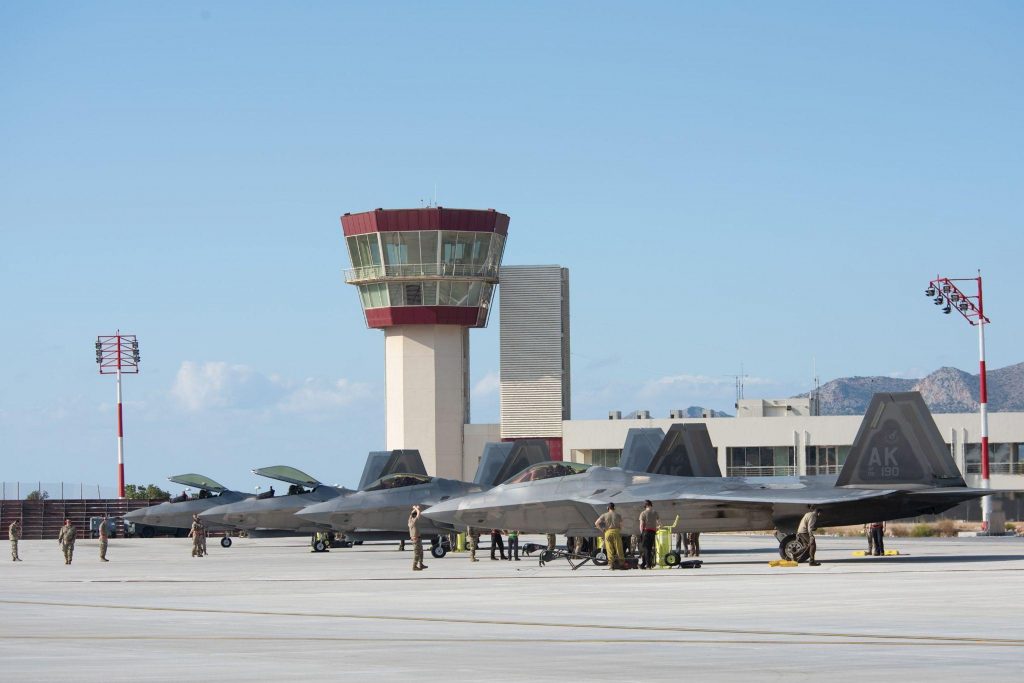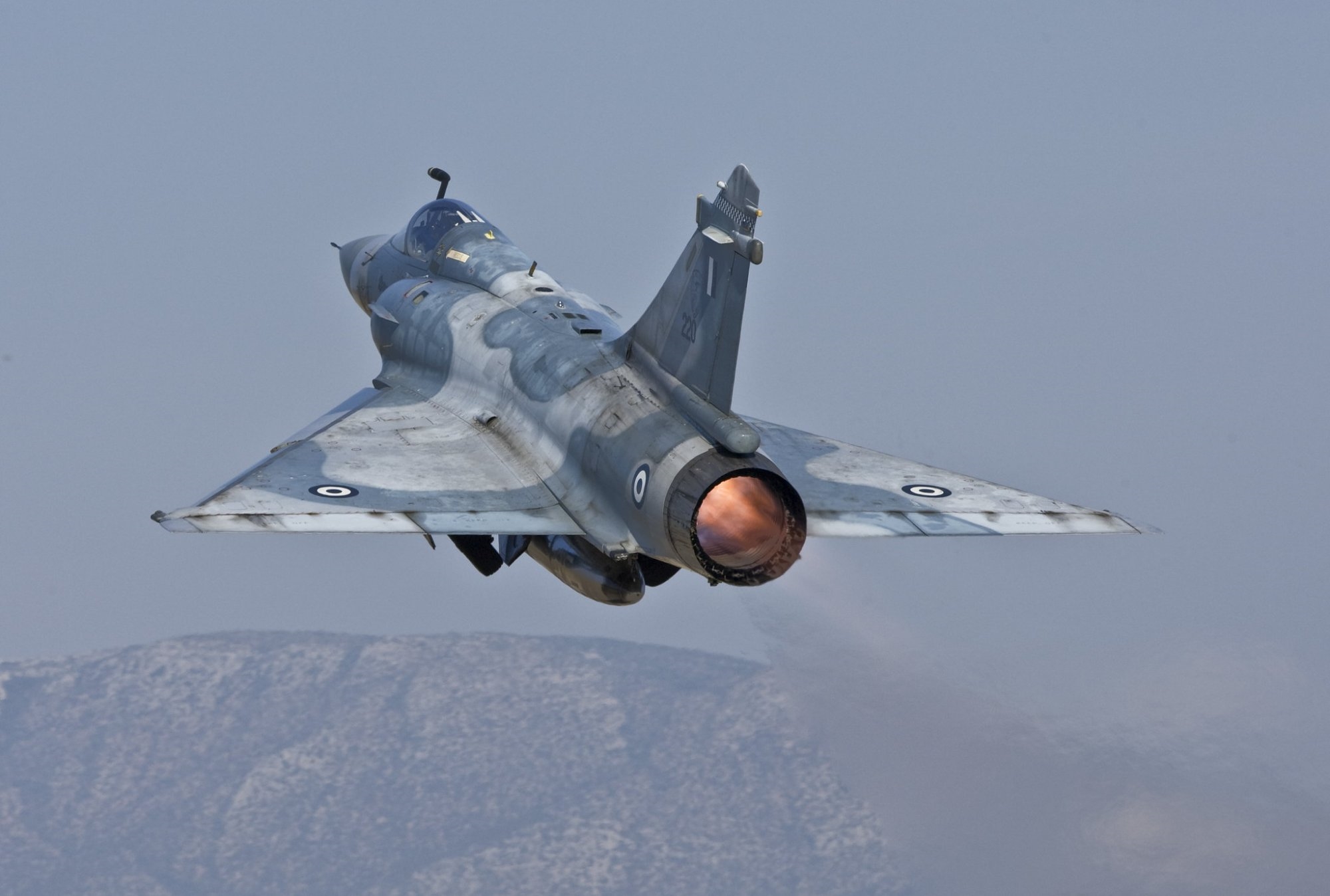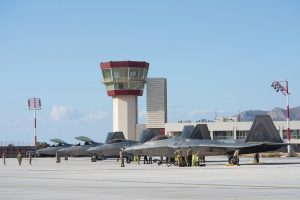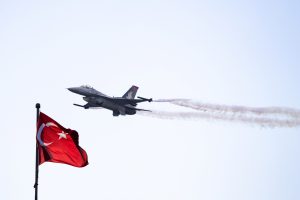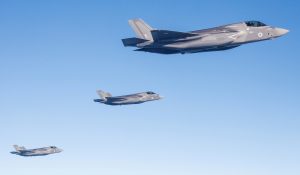Greece is eying the sale or retirement of its aging fleet of Mirage 2000-5s and F-4 “Phantoms”, the country’s relevant defense minister said this week, speaking on the occasion of the anniversary of the Greek War of Independence (March 25).
In a wide-ranging interview with the Athens television station Ant1, Greek Defense Minister Nikos Dendias said one of the priorities of the Hellenic Air Force (HAF) is to homogenize its fleet of warplanes.
As such, the legendary US-made “Phantoms” will be retired, while the delta-shaped French-made Mirage 2000s will be sold off. “The Mirage 2000-5 is an extremely capable aircraft, it must be sold off.” He also said the Greek government was also interested in selling off its US-made F-16 (Block 30) warplanes, given that the country’s air force already operates the Block 50, Block 52 and Viper editions of the latter model.
HAF has already received the first batch of a planned 24 Dassault Rafale 4.5-generation fighter planes, and is in the preliminary phase to acquire the stealthy US-made F-35.
“For the remaining planes, we need to upgrade the F-16s to Viper level; we need to reinforce our fleet of Rafales, we’ve ordered 24, it would be good to reach 30, and of course, we’re acquiring the F-35, the Block 4 version, the one that hasn’t flown yet and which will cure all the ‘childhood illnesses’ of the (plane’s) fourth generation.”

He noted that the F-35 will not be acquired “tomorrow morning”, as the purchase agreement and acquisition will have to run their course, although he again emphasized that this plane is imperative for the country’s defense.
“In order to prepare the (Greek) armed forces for the 21st century, very radical things must be done in terms of weapons systems, (military) structure and innovation, in other words, the ability to create new systems using our own capabilities. Everything has to change to maintain the exact same goal: the ability to protect our sovereignty and independence,” he emphasized.
Turning to an admittedly anemic domestic defense production sector, Dendias said a tendency to “buy off the shelf” has to stop, with a prioritization of the armed forces’ requirements also including the parameter of locally made systems.
“We need to see what we can make ourselves, as firepower multipliers. We can make drones, we can make anti-drones; we can manufacture autonomous systems on the sea, under the sea and on land. From then on we should seriously choose exactly what we need, with a maintenance program and not too many types (of weapons systems), which entail massive costs for various types of maintenance structures.”
Relations with Turkey
Asked about recent comments emanating from official Turkey over a “sky homeland”, the air equivalent of Ankara’s revisionist and expansionist “blue homeland”, Dendias, the former foreign minister, said “it’s obvious that what they’re (official Turkey) demanding is for Greece not to expand its airspace to 12 nautical miles, as it can legally do in the sea as well; this is the reason behind all of this theoretical and eloquent rhetoric, that’s what is behind all this.”
He also opined that “there’s a hardening in Turkey’s position in terms of rhetoric and especially in terms of the way it analyzes its rights, even if it’s not easily discernable; there’s no back-stepping or acceptance of international law or the International Law of the Sea. On the contrary, there is a formulation of even more advanced revisionist positions which, in the end, experience has taught us eventually become mainstream in Turkey, the dominant point of view.”
He mentioned that the initial “blue homeland” revisionist scheme was at first a mere contention, only to wind up as a backdrop in front of which Turkish President Recep Tayyip Erdogan later stood.
